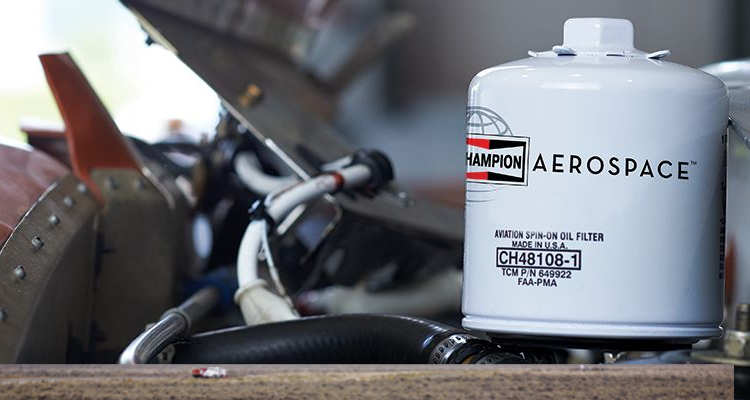
When it comes to aircraft maintenance, oil changes may not be the first thing that springs to mind. However, consistent and timely oil changes are a fundamental part of keeping an aircraft running safely and efficiently. Just like in cars, the oil in an aircraft engine serves a critical role in lubrication, cooling, and cleaning. Let's delve deeper into why oil changes are so important in aircraft maintenance.
The Functions of Oil in Aircraft Engines
Lubrication
Oil minimises friction between moving parts in the engine. Without proper lubrication, parts will wear down faster, leading to engine inefficiency and even failure over time.
Cooling
Believe it or not, oil acts as a coolant for aircraft engines. It circulates through the engine, absorbing heat and reducing the risk of overheating.
Cleaning
As oil circulates, it collects and removes contaminants like dirt and metal shavings that can cause damage if left unchecked. A regular oil change ensures that you’re not circulating dirty, ineffective oil.
The Consequences of Skipping Oil Changes
Ignoring oil changes puts an undue burden on the engine. Over time, dirty oil can clog filters and lead to decreased performance, higher fuel consumption, and even engine failure
The Ideal Frequency of Oil Changes
The frequency of oil changes depends on various factors, including the type of aircraft, its usage, and recommendations from the manufacturer. Generally speaking, piston aircraft engines require an oil change every 25 to 50 hours of flight time.
What to Look for During an Oil Change
During an oil change, it’s not just about replacing the old oil with new. The old oil can be examined for metal shavings, which could indicate engine wear or other problems that need immediate attention.
Frequently Asked Questions
Why are oil changes important in aircraft maintenance?
Oil changes are vital to ensure the proper lubrication of an aircraft engine's moving parts. Neglecting oil changes can lead to increased friction, overheating, and ultimately, engine failure. Regular oil changes also remove contaminants, prolonging engine life.
How often should I change the oil in my aircraft?
The frequency of oil changes can vary depending on the aircraft type and its usage, but a general guideline is to change the oil every 25 to 50 hours of flight time. Always consult your aircraft's maintenance manual for specific recommendation
What are the signs that my aircraft's oil needs changing?
Warning signs that your oil needs changing include a change in oil colour to dark and murky, increased engine temperature, or unusual engine noises. An oil analysis can also provide a more detailed assessment of your oil’s condition.
Conclusion
Oil changes are a non-negotiable part of responsible aircraft maintenance. They help to ensure that your engine runs smoothly, efficiently, and safely, thereby extending its lifespan and reducing the risk of catastrophic failure. In aviation, there’s no room for cutting corners, and regular oil changes should be at the top of your maintenance checklist.
